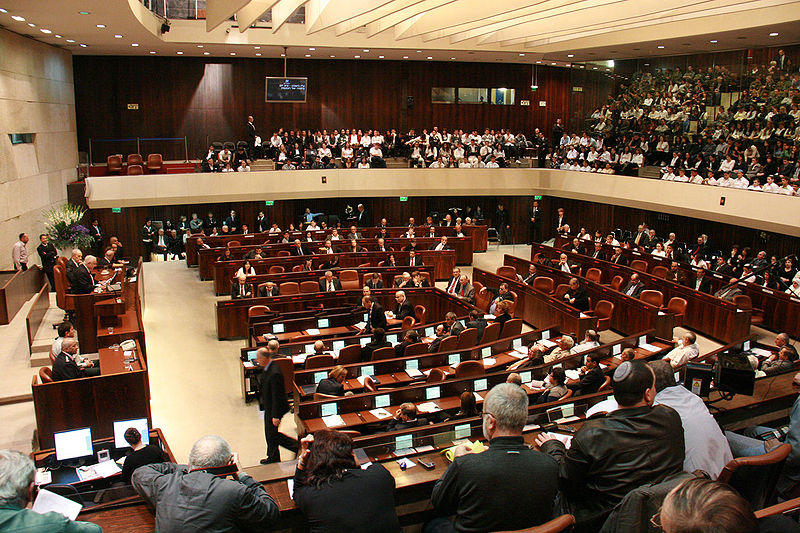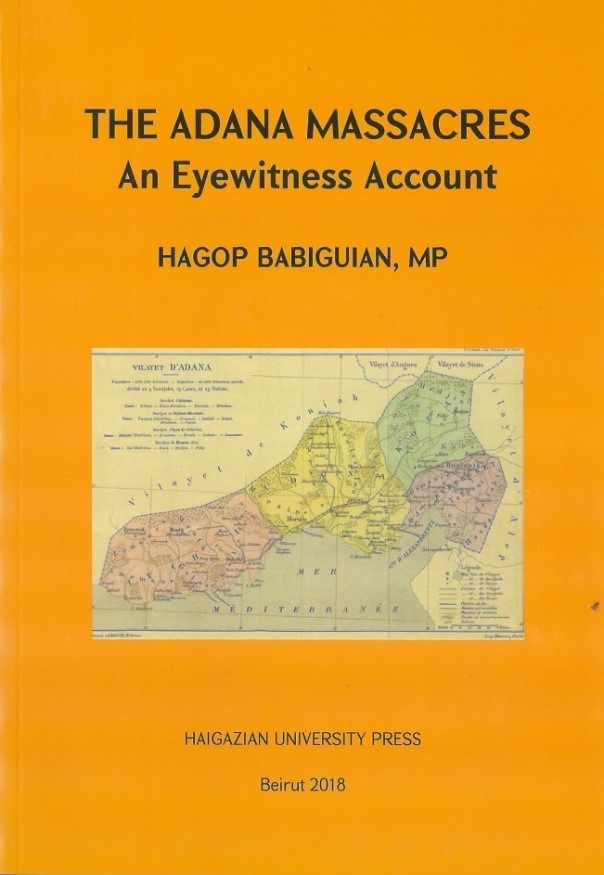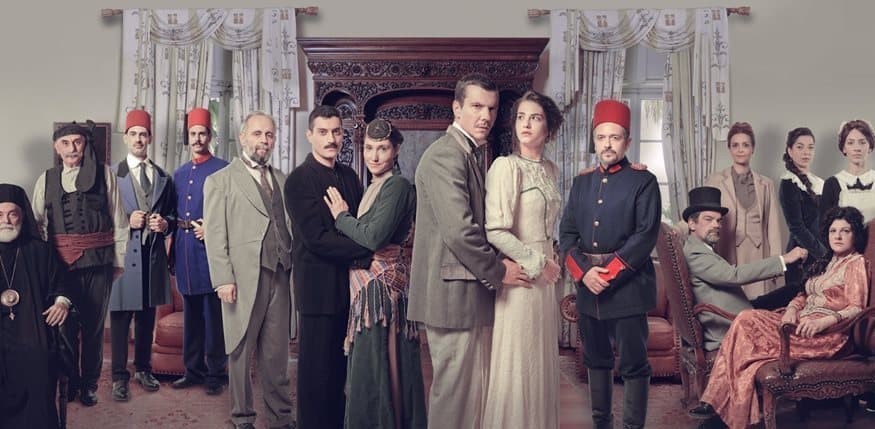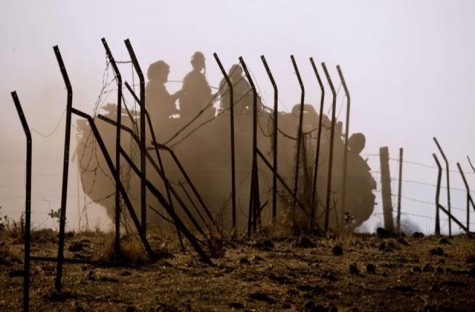25 March is a symbolic date that marks the anniversary of the Greek independence. As in previous years,[1] it was celebrated this year as well in Greece, Europe, and the United States. On 24 March, the US President released a statement noting this occasion:
“On March 25, 1821, fueled by the rallying cry, ‘Freedom or Death,’ Greek revolutionaries began a war for independence against the Ottoman Empire. The hard-fought victory established a sovereign Greek state and a national homeland for Greece. On the 204th anniversary of Greek Independence Day, we honor this heroic fight for freedom, and the enduring democratic ideals that continue to inspire the world.”
The statement failed to acknowledge the fate of the peninsula’s non-Greek inhabitants. This omission is significant, as 25 March marks not only the anniversary of Greek independence but also the annihilation of the Turks in Tripolitsa, Peloponnese (also known as Morea), and the surrounding areas, who were exterminated within a matter of weeks. Furthermore, the rallying cry of the rebellion was not as noble and orderly as portrayed in the White House statement. The symbolic slogan of the rebellion, proclaimed by Greek Archbishop Germanos III, was “Peace to the Christians! Respect to the Consuls! Death to the Turks!” And indeed, the archbishop’s slogan was implemented with alarming efficiency, as noted by the British historian William St. Clair:
“The Turks of Greece left few traces. They disappeared suddenly and finally in the spring of 1821, unmourned and unnoticed by the rest of the world... Upwards of 20,000 Turkish men, women and children were murdered by their Greek neighbours in a few weeks of slaughter. They were killed deliberately, without qualm and scruple... Turkish families living in single farms or small isolated communities were summarily put to death, and their homes burned down over their corpses. Others, when the disturbances began, abandoned home to seek the security of the nearest town, but the defenceless streams of refugees were overwhelmed by bands of armed Greeks. In the smaller towns, the Turkish communities barricaded their houses and attempted to defend themselves as best they could, but few survived. In some places they were driven by hunger to surrender to their attackers on receiving promises of security, but these were seldom honoured. The men were killed at once, and the women and children divided out as slaves, usually to be killed in their turn later. All over the Peloponnese roamed mobs of Greeks armed with clubs, scythes, and a few firearms, killing, plundering and burning. They were often led by Christian priests, who exhorted them to greater efforts in their holy work.”
This double standard and biased attitude toward recognizing human suffering happening anywhere in the world has now become a standard perspective in Europe and the United States. The so-called defenders and champions of human rights and dignity have never once expressed their regret or any wish to mourn the Turkish victims. To the contrary, the widespread hate and insult campaigns directed against Türkiye concerning the final years of the Ottoman Empire are ongoing. The European Parliament, along with other European institutions and nations, has never asked Greece to acknowledge this dark chapter in its history or to confront its past. The US Congress and US presidents have never expressed a desire to remember the innocent victims of the Greek rebellion. An apology has never been demanded from the Greek people or the Greek state for the atrocities committed in Morea in the spring of 1821.
More disturbing this year were the celebrations at the White House, which were attended by Greek Archbishop Elpidophoros of America, who is well-known for his anti-Turkish sentiments. In his provocative speeches, the archbishop referred to Istanbul as “Constantinople,” a term that reflects Greek nationalist and imperialist aspirations regarding this city. It is a well-known fact that he has a long history of organizing anti-Turkish demonstrations and conferences. It is utterly regrettable that the White House has become once more a venue for Greek nationalists to launch their smear campaign against the Turks on the occasion of the celebration of the Greek independence day.
Such attitudes not only undermine harmony and the peace between the Turkish and the Greek peoples, but also promote a perverted form of nationalism that has in the past led to the massacre of Turks, not only in mainland Greece but also in Cyprus. It is high time for the West to live up to its avowed principles and begin recognizing the suffering of the Turkish victims of Greek nationalism and paying respect to their descendants.
*Picture: “The Bishop of Old Patras Germanos Blesses the Flag of Revolution, 1865” – Source: Greek City Times
© 2009-2025 Center for Eurasian Studies (AVİM) All Rights Reserved

RCEP AND ITS SIGNIFICANCE FOR THE SIGNATORY COUNTRIES FROM THE AUSTRALIAN PERSPECTIVE
 WHERE DOES FRANCE STAND ON ARMENIAN ALLEGATIONS?
WHERE DOES FRANCE STAND ON ARMENIAN ALLEGATIONS?
 POLITICAL OPPORTUNISM AND REVANCHISM AT PLAY AT THE ISREALI PARLIAMENT
POLITICAL OPPORTUNISM AND REVANCHISM AT PLAY AT THE ISREALI PARLIAMENT
 HAGOP BABIKIAN, THE ADANA UPRISING OF 1909, AND THE HAIGAZIAN UNIVERSITY PRESS
HAGOP BABIKIAN, THE ADANA UPRISING OF 1909, AND THE HAIGAZIAN UNIVERSITY PRESS
THE MESSAGE OF THE PRIME MINISTER
 A GREEK PONTUS TV DRAMA MAKES MOCKERY OF HISTORICAL FACTS
A GREEK PONTUS TV DRAMA MAKES MOCKERY OF HISTORICAL FACTS
 ISRAEL BOMBS SYRIAN POSTS OVER GOLAN ATTACK ON ITS TROOPS
ISRAEL BOMBS SYRIAN POSTS OVER GOLAN ATTACK ON ITS TROOPS
 ON THE ISSUE OF ARMENIAN EXTREMIST NATIONALIST TERROR ORGANIZATIONS DISGUISING THEMSELVES AS POLITICAL PARTIES AND USING STATEMENTS AS AN INSTRUMENT OF PROPAGANDA
ON THE ISSUE OF ARMENIAN EXTREMIST NATIONALIST TERROR ORGANIZATIONS DISGUISING THEMSELVES AS POLITICAL PARTIES AND USING STATEMENTS AS AN INSTRUMENT OF PROPAGANDA
 SYRIA AND CHINA AFTER THE ASSAD REGIME
SYRIA AND CHINA AFTER THE ASSAD REGIME




























